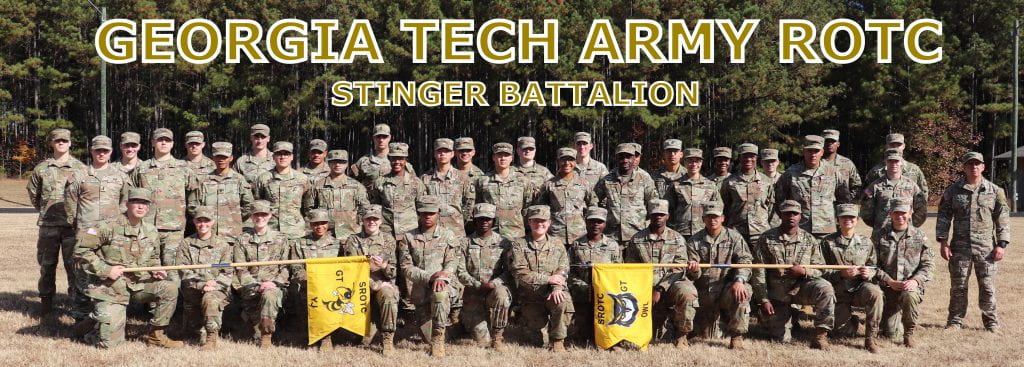Q. What is Army ROTC?
A. Army ROTC is a college elective you can try out for up to two years with no obligation. Unlike traditional college programs, Army ROTC gives you a wide range of experiences while you work toward a degree. You’ll combine classroom time with hands-on experience, learning skills that are sure to give you an edge over your peers when it comes time to look for a job. Whether you’re planning a career in the Army or the corporate world, Army ROTC is a smart elective course to take. As part of Army ROTC, you’ll be in the company of a diverse group of individuals with broad interests.
Q. By enrolling in ROTC, are you joining the Army?
A. No. Students may choose to enroll in MSL courses without being involved in ROTC. Even cadets who have contracted are not technically in the army, they have just signed an agreement to join upon graduation.
Q. Is ROTC like “Boot Camp”?
A. No. ROTC cadets go directly to college where they earn their degree while taking engaging in ROTC activities. The closest thing to Basic Training is Basic Camp at CST. However, this course is more to get new cadets who join the program 1-2 years into their degree caught up with the curriculum.
Q. What can students expect to learn by taking ROTC?
A. Quite simply, leadership and management skills needed to become a U.S. Army officer or have a successful civilian career.
Q. What makes ROTC different from regular college management courses?
A. Students in ROTC learn through a unique program that involves both classroom and “live” situations. For instance, ROTC cadets are placed in charge of Squad or Platoon level operations and are expected to excel under a large amount of stress.
Q. Is there a military obligation during college?
A. During the first two years, ROTC cadets have no military obligation. Cadets who accept one of the many scholarships offered from the National Guard, Reserves or the ROTC scholarship have different service obligations depending on their agreement.
Q. What is the ROTC course comprised of?
A. The ROTC program is divided into phases: The Basic Course studies Army history, organization and structure. The techniques and principles of leadership and management are stressed throughout. The Advanced Course concentrates on tactical operations and military instruction, as well as advanced techniques of management, leadership, and command.
Q. Does Army ROTC offer scholarships?
A. Yes. Each year hundreds of students attending colleges nationwide receive ROTC scholarships. ROTC awards them to students studying science, engineering, nursing, business, as well as a variety of other majors.
Q. How much money does ROTC usually award and what does the money go towards?
A. The Army ROTC Scholarship covers FULL tuition or Room and Board at $12,000/ year. ROTC Cadets will also receive a cadet stipend of $420 dollars /month. In addition, cadets receive a $1,200/year allowance for books.
Q. On what basis are scholarship winners chosen?
A. ROTC scholarships are not based on financial need. Instead, they’re awarded on merit. Merit is exhibited in academic achievement and extracurricular activities, such as sports, student government or part-time work.
Q. Can only scholarship winners enroll in ROTC?
A. No. Anyone can enroll in ROTC. And regardless of whether you’re a scholarship winner or not, all ROTC books, supplies and equipment are furnished at no cost to you.
Q. How often are Army ROTC scholarships awarded?
A. Scholarships are awarded once a year. Students apply by December 1 and selections are made continuously thru May 15. Also, once cadets are on campus, two, three, and four-year on-campus scholarships become available.
Q. How do students benefit from Army ROTC?
A. In college and after graduation, cadets find that the training and experience that they have received are assets – whether pursuing an Army or civilian career. Employers place high regard on the management and leadership skills that ROTC instructors stress. Plus, ROTC looks great on a resume. When cadets complete the ROTC course, upon graduation, they become commissioned officers in the U.S. Army.
